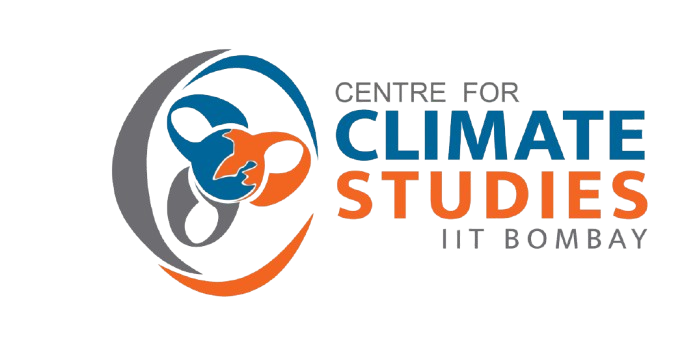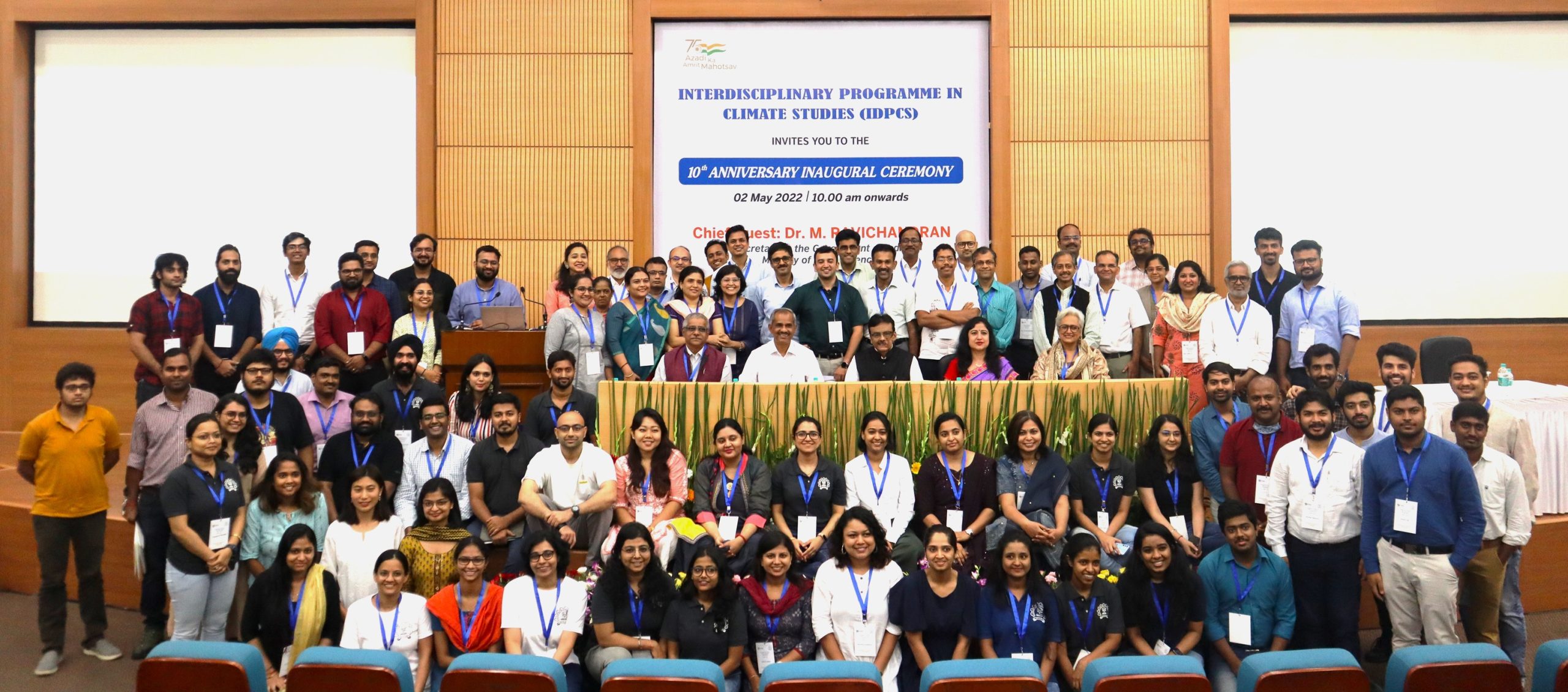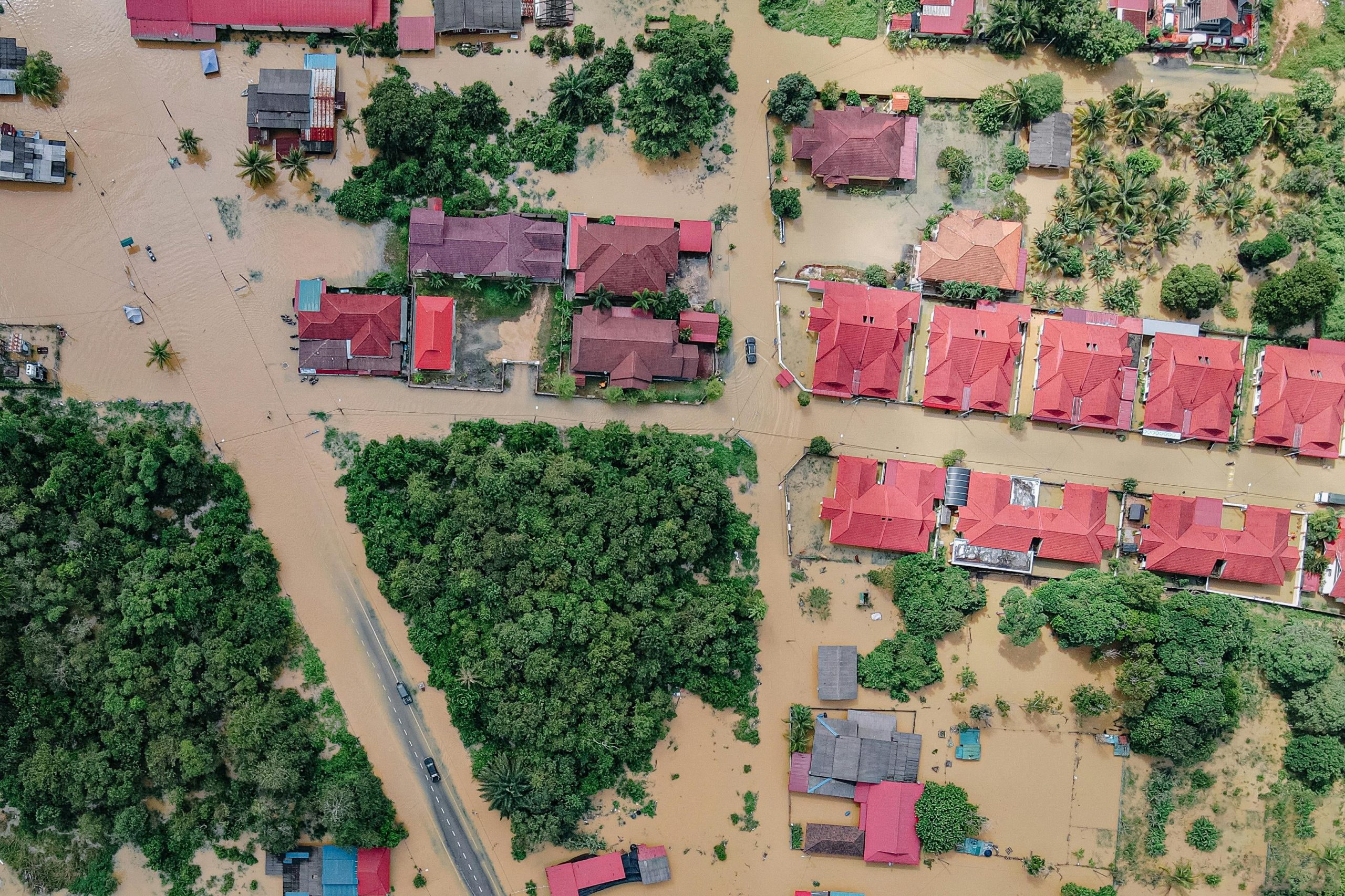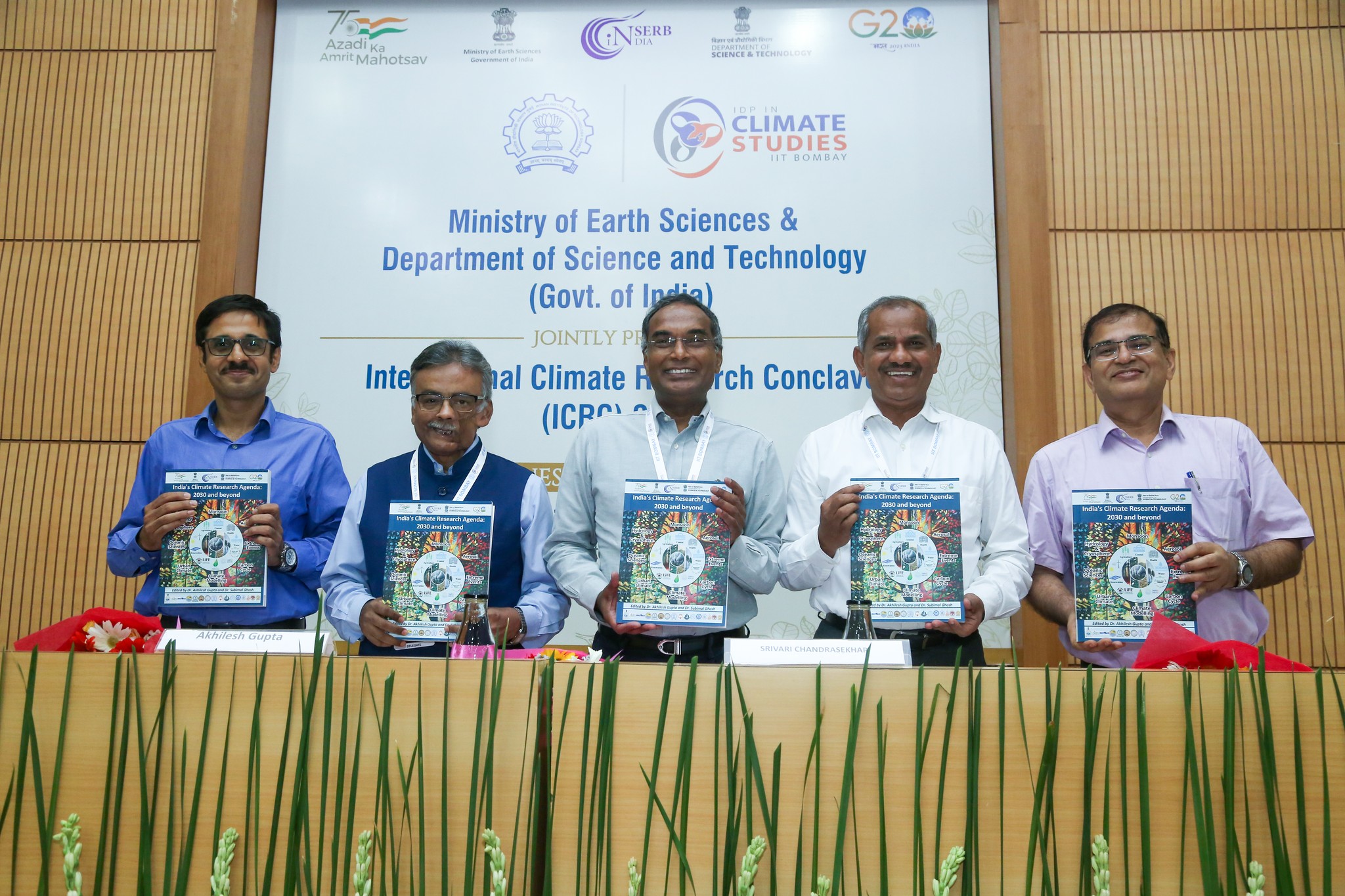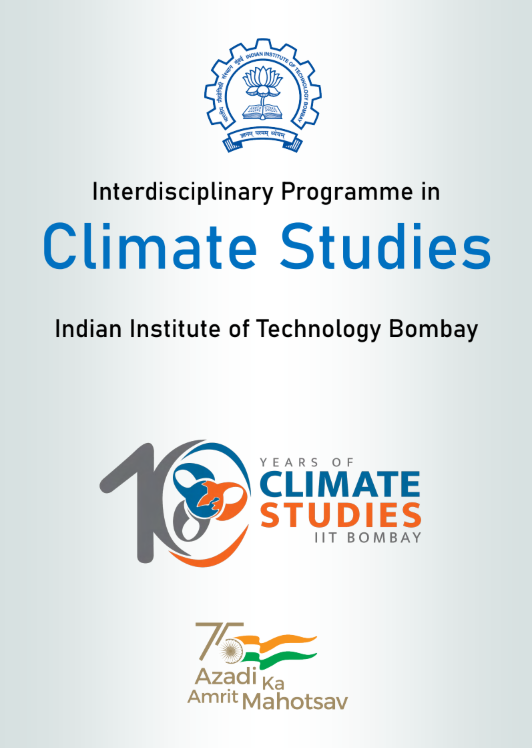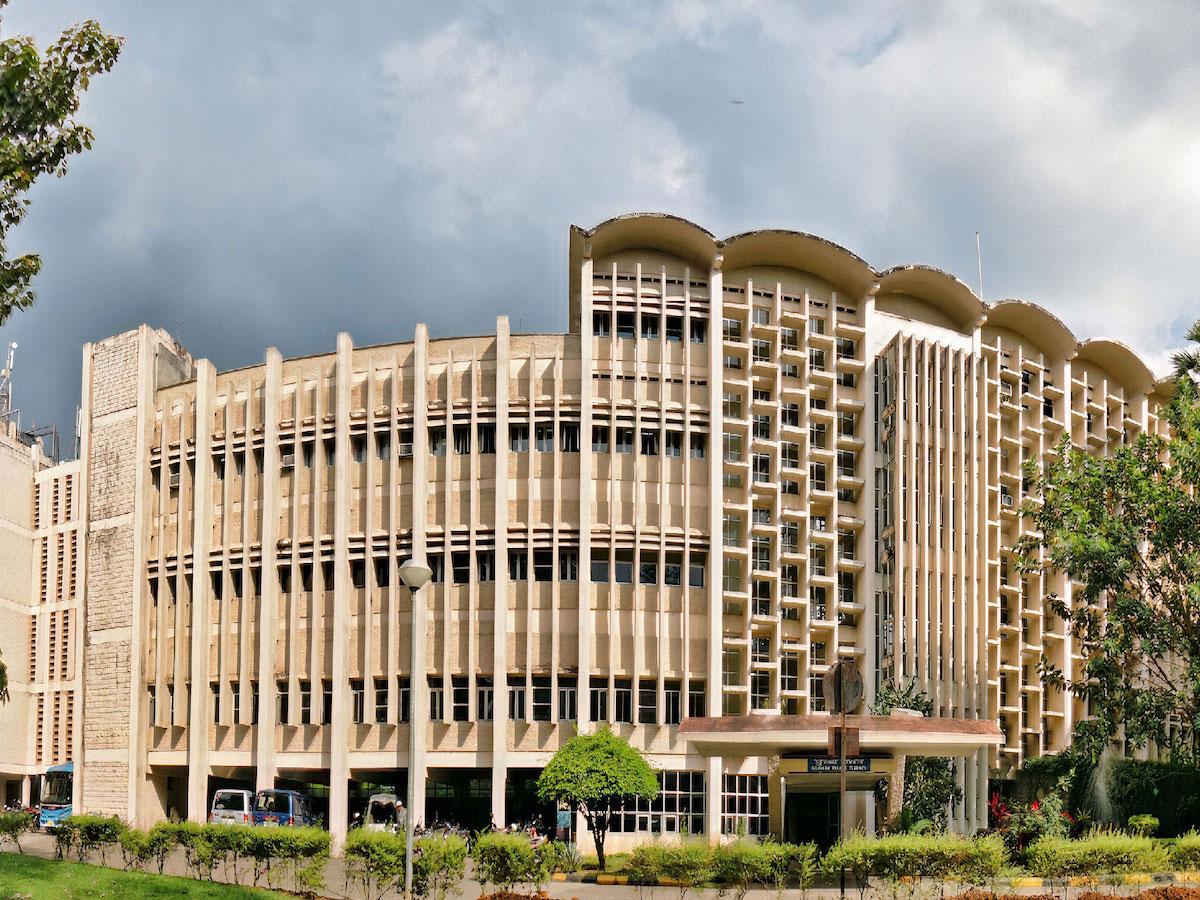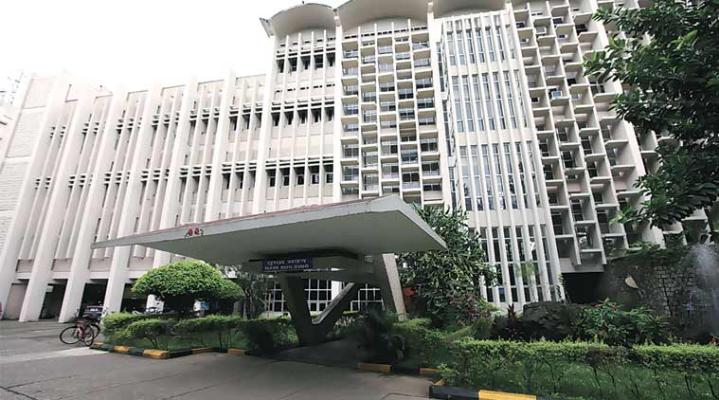Climate Mitigation
Our research looks at how to mitigate climate change by studying emissions, energy, land use, and the real-world impact of climate solutions.
Climate Mitigation and Policies
Join us in shaping a sustainable future.
Overview
CCS is actively working in the areas of climate change mitigation, carbon emissions reduction, and renewable energy adoption in India. The research groups in Centre for Climate Studies choose problems across different scales that are either overlooked or are proving to be the bottleneck in our current understanding of climate.

Sub-Research Area
Energy Transition
The research addresses questions related to the transition to a renewable energy future, with a spotlight on the potential impacts of large-scale renewable energy projects. Integration of electric vehicles in the electricity grid and adoption potential of novel transport fuels like ethanol-blended fuel and compressed natural gas using system dynamics models are key focuses that enhance the adoption rates towards meeting the country’s climate goals.
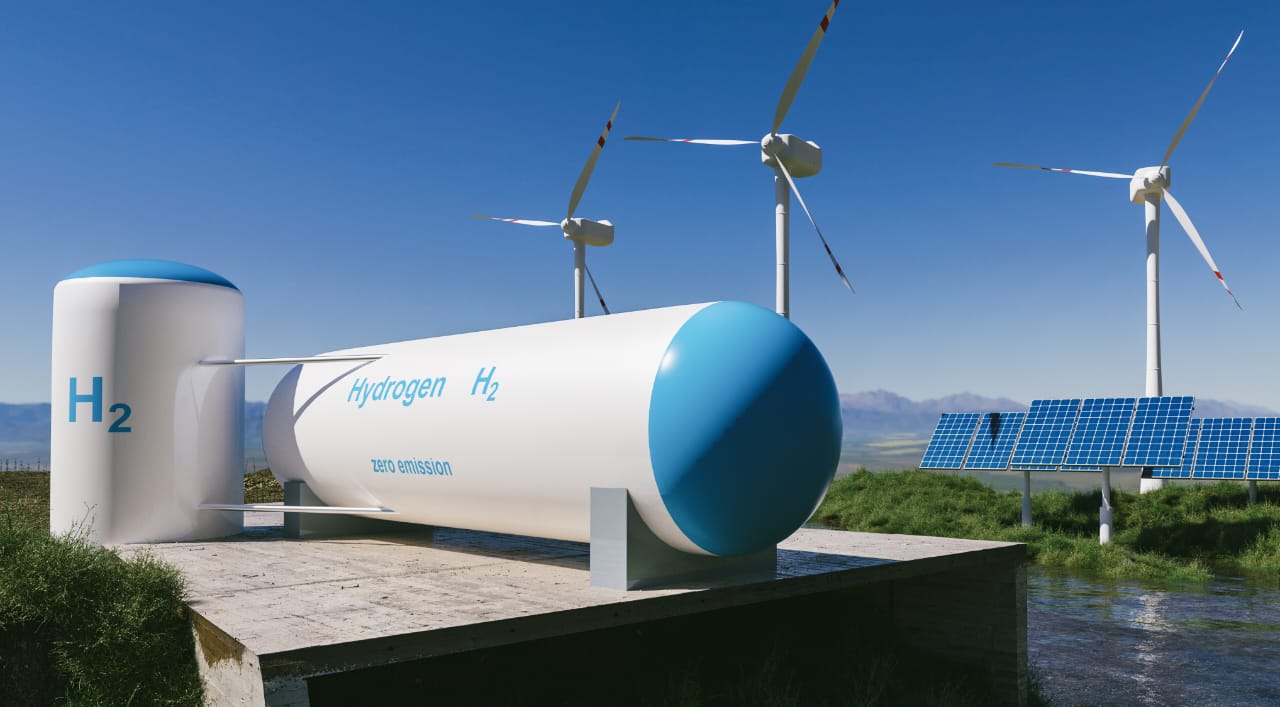
Sub-Research Area
Green Hydrogen
Green hydrogen production is a significant domain where CCS faculty work to support infrastructure developments with impacts on climate mitigation and policy strategies for the country.

Sub-Research Area
Life Cycle Assessments
Techno-economic and life cycle analysis of various systems and sectors is conducted by CCS faculty to offer insights into the various possible emission scenarios and the associated challenges of meeting the reduction goals and the climate and energy targets set by the country.

Sub-Research Area
Agriculture and Infrastructure Requirements
Informal interventions, particularly in the residential and agricultural sectors, have been identified as crucial for substantial emission reductions in the next few decades. CCS faculty work in the domains of infrastructure developments related to several areas with impacts on climate mitigation, supporting the integration of these interventions into national climate policies for effective climate action.
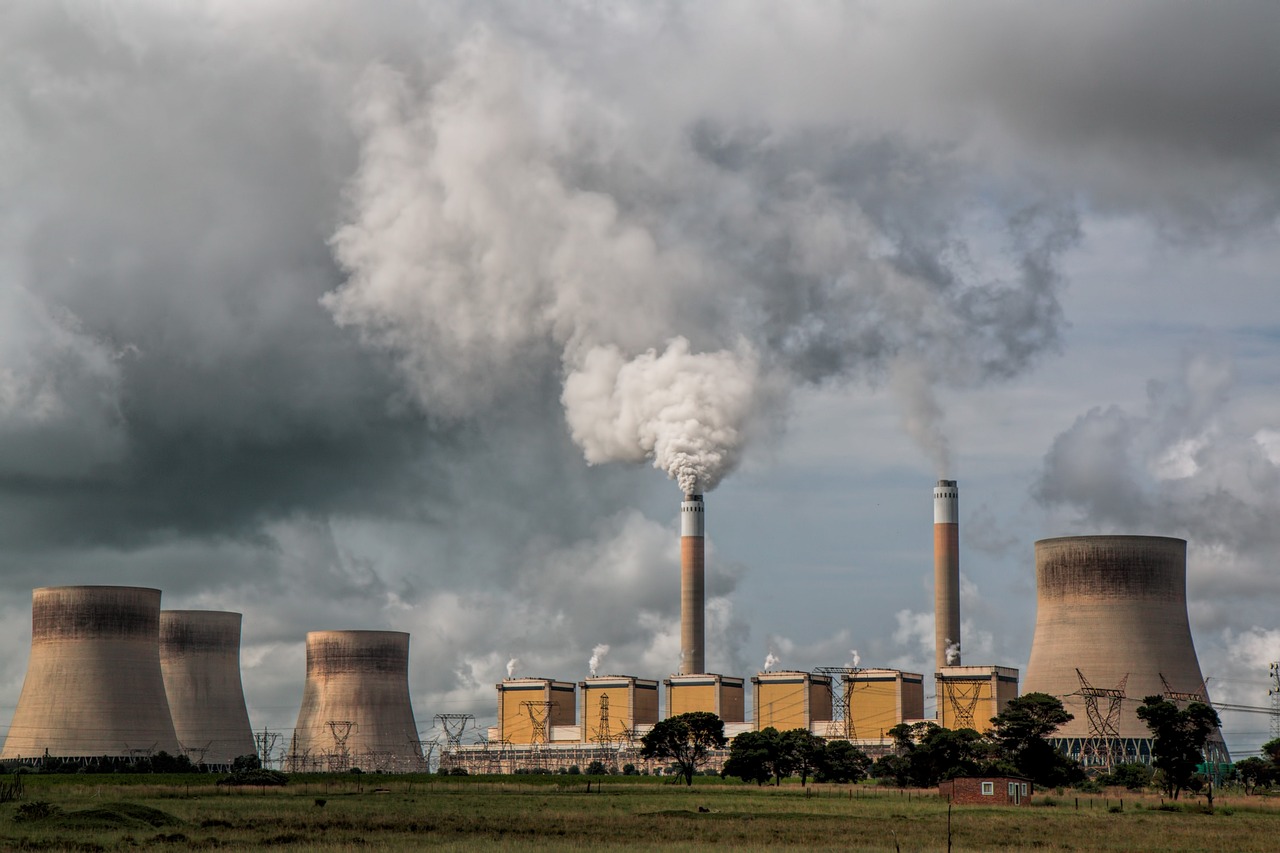
Sub-Research Area
Emission Inventory
The development of the SMoG-India emission inventory aids CCS in estimating emissions from different sectors, aiding in mitigation strategies. One key focus is on the short-lived climate pollutants (SLCPs) such as black carbon and methane, which contribute significantly to global warming.

Sub-Research Area
Mitigation Policy Support
The integration of informal interventions into national climate policies is needed for effective climate action, and this is where CCS has research efforts. Mitigation pathways for industries, carbon budget allocation on sectoral and sub-sectoral levels, and development and analysis of carbon capture and utilisation technologies are explored by CCS faculty to support policy strategies for the country. The various studies typically explore technology adoption, emissions, and policy-related aspects to enhance adoption rates towards meeting the country’s climate goals.
Research Groups
Explore faculties working in the field of climate mitigation and policies
Assistant Professor My research explores equitable pathways to low-carbon energy transitions, focusing on how developing countries can pursue climate goals alongside development. I employ interdisciplinary methods to assess the distributional impacts of climate mitigation across scales and social groups, highlighting its implications for equity and sustainable development. Professor TBU Associate Professor TBU Associate Professor TBU Professor Prof. Chandra Venkataraman is a leading aerosol scientist at IIT Bombay, specializing in climate science, air quality, and nanoparticle engineering for drug delivery. She has authored over 150 publications, led major research networks like COALESCE and PAVITRA, and contributed to global policy through roles with UNEP and the Global Burden of Disease group. Professor TBU Associate Professor Primary research focus is on assessing the short- and long-term exposures to different environmental stressors such as air pollution and transportation noise and their adverse health effects. Specific interest lies in quantifying atmospheric and source aerosols emissions, their physical, optical, and chemical characteristics and associated toxicity. Associate Professor TBU Professor Prof. Trupti Mishra, Professor of Economics at SJMSOM and Associate Faculty at the Climate Studies program, IIT Bombay, focuses on the intersection of economy and environment, with expertise in climate policy, sustainability, and circular economy. With nearly two decades of research and teaching, she actively collaborates with industry, government, and think tanks to evaluate and inform climate responses and environmental governance. Professor TBU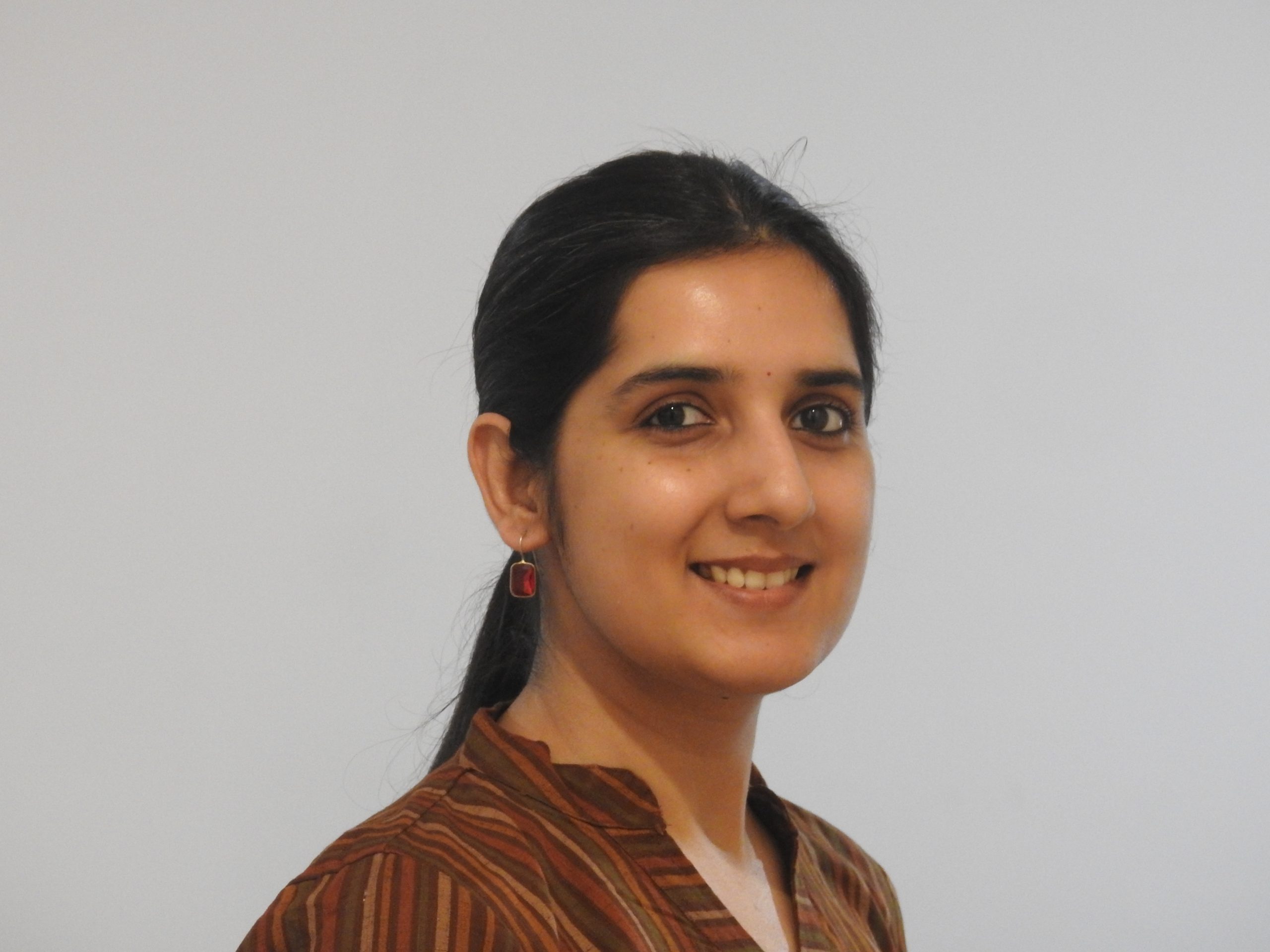
Anjali Sharma

Anand Rao

Anish Modi

Arnab Dutta

Chandra Venkataraman

Debabrata Maiti

Harish C. Phuleria

Manoranjan Sahu
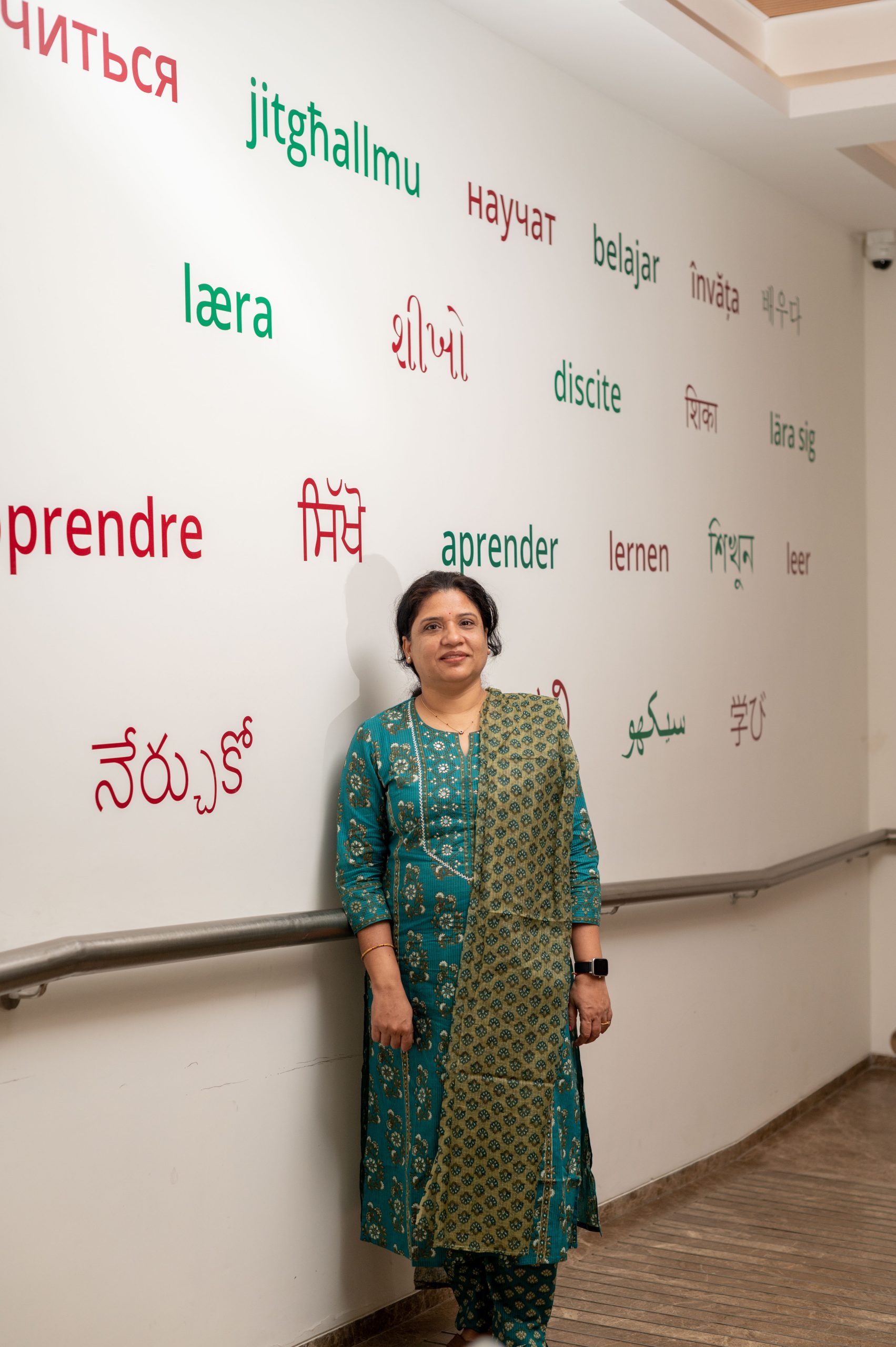
Trupti Mishra

Vikram Vishal
